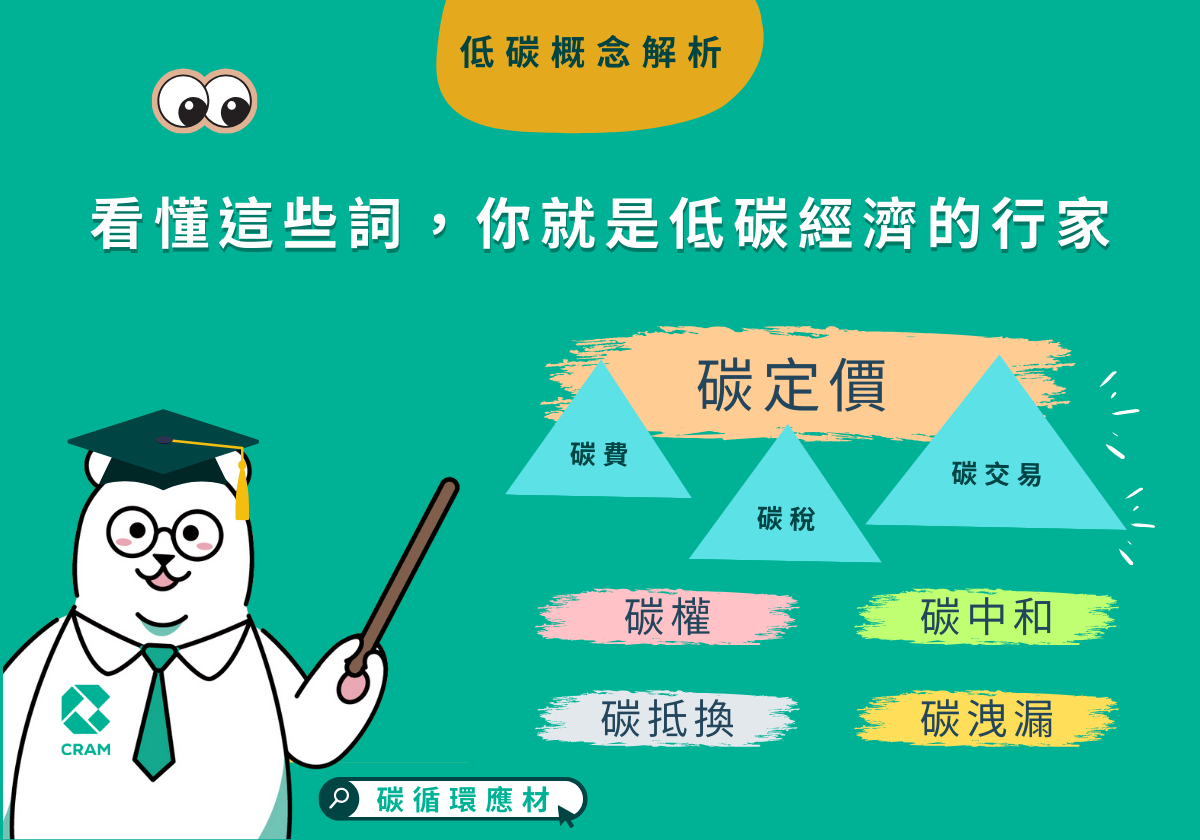In modern people's lives, plastics are used everywhere, but this has also brought about a huge problem of plastic waste. In order to meet this challenge, PCR recycled plastic has emerged as a powerful tool for sustainable development.
PCR recycled plastic (Post-Consumer Recycled Plastic), simply put, extracts raw materials from plastics recycled after consumer use, and then uses them to make new products after professional processing. This environmentally friendly approach not only helps reduce the need for new plastics, but also effectively reduces environmental pollution.
Why use PCR recycled plastic
According to research organizations, an estimated 14 million tons of plastic particles are scattered at the bottom of the world's oceans. These staggering amounts of plastic particles are broken down from the large amount of waste that flows into the ocean every year. If you use PCR recycled plastic, the used plastic will not be garbage, but a resource! It not only extends the life cycle of plastics, reduces the burden on the environment, but also effectively reduces garbage accumulation. In addition, compared to producing new plastics, using PCR recycled plastics requires less carbon emissions, and is also a step towards low-carbon production to achieve net zero. A big step forward.
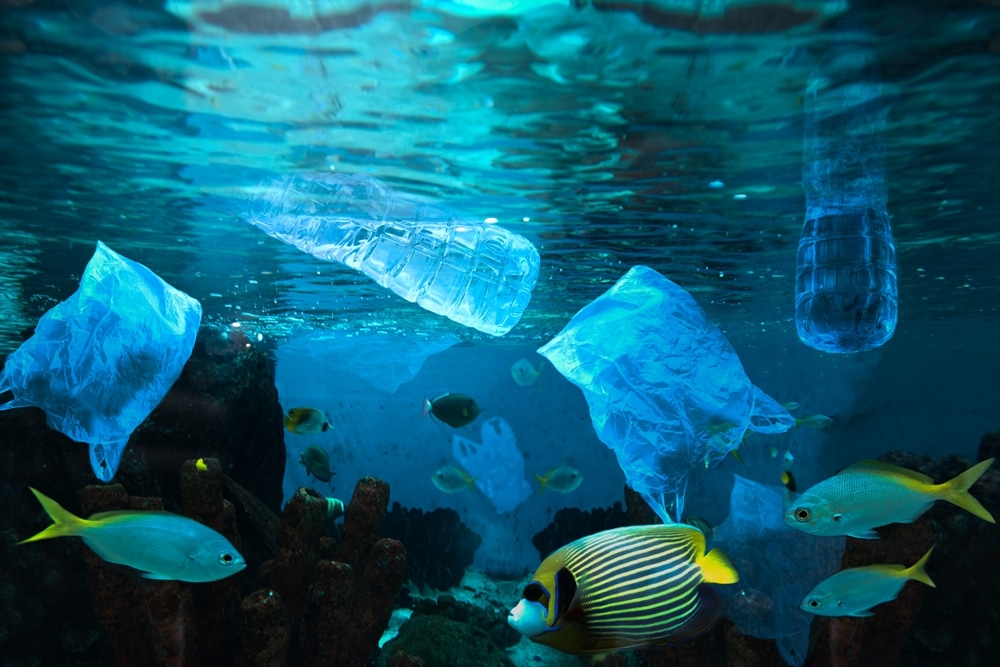
Global regulations on the use of plastic products
Countries have different regulations and systems for plastic products, but generally they are moving towards sustainable development. Europe has always been a leader in environmental protection actions. Not only did they require companies to consider environmental and health factors when using plastic materials through the EU REACH regulations, the European Parliament also passed a ban on specific disposable plastic products on March 27, 2019, and formulated recycling regulations. The material input ratio has been increased year by year, and the target for the use of PCR recycled plastic has been increased year by year.
States in the United States have also listed regulations to encourage or require companies to use PCR recycled plastic. For example, California's "Plastic Polluter Producer Responsibility Act" passed in 2022 proposes mandatory reductions in disposable plastic packaging and requires an increase in recycling rates. Enterprises are encouraged to increase the use of PCR recycled materials and reduce their reliance on new plastics.
Asian countries have also joined the ranks of environmental protection. Taiwan has standardized the use of PCR recycled plastic through plastic product manufacturing management and PCR recycled raw material usage standards. The Environmental Protection Agency has also promoted the use of PCR plastic recycled materials in packaging, with a target usage rate of 25% in 2025.
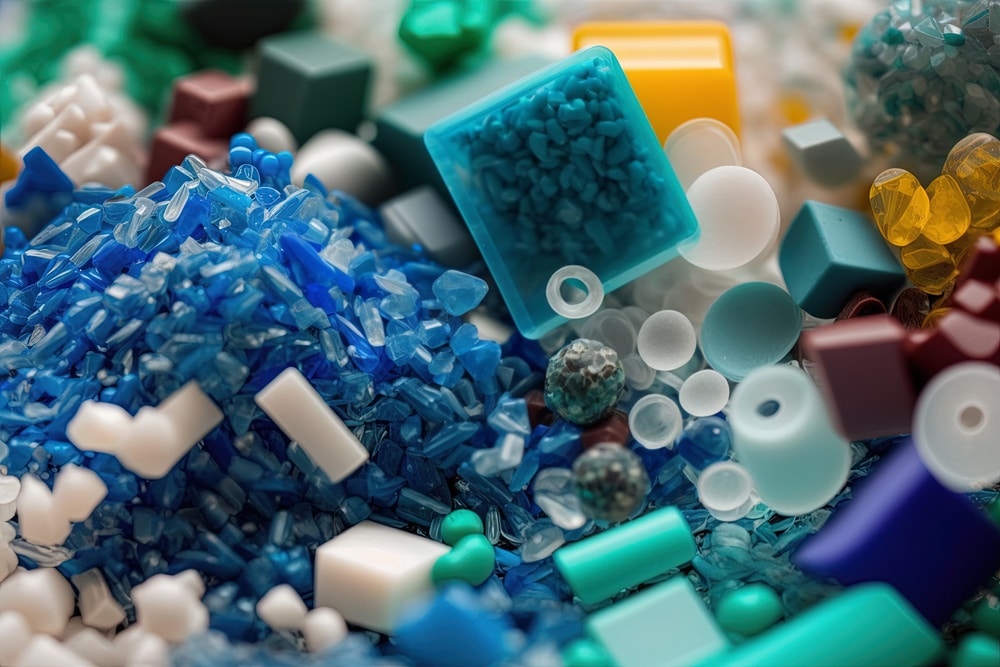
Brand companies have also invested in the application of PCR recycled plastics.
- IKEA home furnishings IKEA
IKEA will fully switch to recycled or PCR renewable plastics by 2030, and will phase out all single-use plastic products in its home products series in January 2020. The bags are also made from renewable materials sourced from the sugar cane industry. - Unilever Unilever
The goal is to make 100% plastic packaging materials recyclable or biodegradable by 2025, and to use at least 25% PCR recycled plastic and halve the amount of virgin plastic. By 2022, Unilever's global use of recycled plastics will reach 21%, while reducing the use of virgin plastics by 13%. - Acer
Acer applies the concept of resource recycling and actively uses PCR recycled plastic in its products. From 2020 to 2022, more than 30 million products will use PCR recycled plastic. Taking Acer's green energy sustainable product line "Vero" as an example, PCR recycled materials are used in material selection, product design, packaging, maintenance, etc. The amount of PCR recycled plastic on the casing has been increased to 40%, and the converter casing has been increased to 50%. The reduced carbon emissions in 2023 have been increased from 21% to 30%. - Greenvines
In November 2021, it announced a commitment to achieve "Credible Net Zero" by 2025, with the goal of achieving "zero waste" for all product packaging in 2025. In 2022, the outer packaging plastic bottles of shower products will be made of 100% PCR recycled plastic. Compared with before the revision, approximately 4,200kg of new plastic is used each year, and carbon emissions are reduced by 12,675.6kg. It is one of the specific carbon reduction actions taken by Green Vine to implement credible net zero. - logitech
Increase the proportion of recycled plastic in best-selling product lines such as mice, keyboards, web cameras and speakers. More than 65% mice and keyboards in the largest product line are now made from recycled plastic. Reducing an estimated 8,000 tons of virgin plastic is equivalent to reducing carbon emissions by approximately 19,000 tons during the product life cycle of these products.
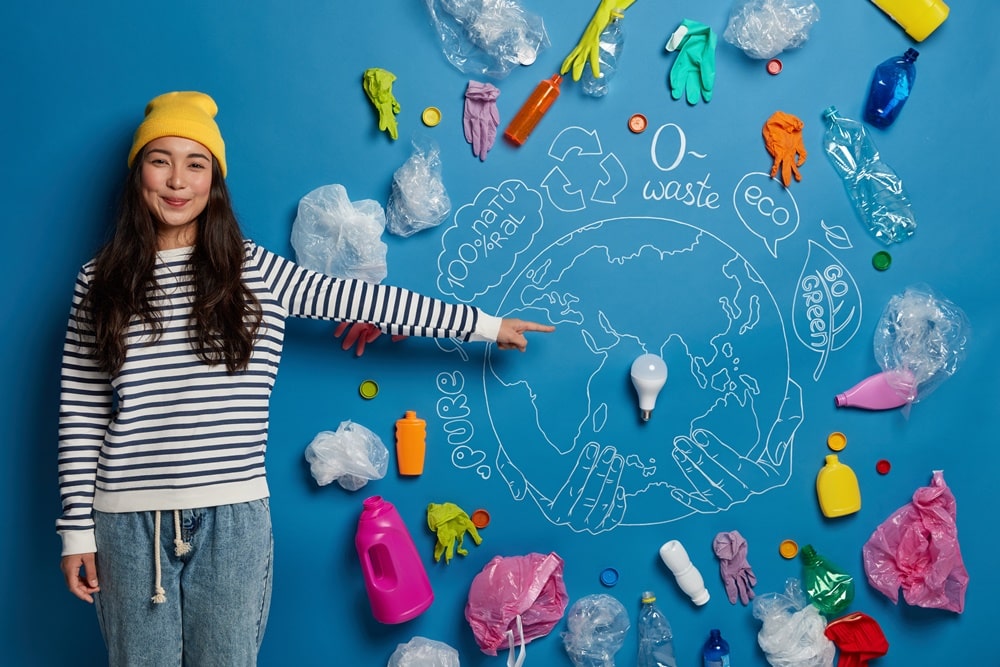
Carbon Recycling Materials (CRAM) continues to work hard to create a net-zero world
An expert in recycling materials and low-carbon product development who has focused on PCR recycled materials for 30 years
Carbon Recycling Materials (CRAM) starts from Taiwan's PCR plastic field, connects the processes of "concentration plant, recycling plant, dismantling plant, treatment plant, purification plant, and regeneration plant", and establishes "processing standards" and "quality standards". Recycle according to "product demand" to effectively create value and avoid generating more waste.
As a pioneer in the field of PCR, we use professional planning for customers and are committed to achieving the "best carbon reduction effect" and "physical stability" solutions. All this comes from the detailed control of every step, and there are thirty Several years of experience passed down by circulating craftsmen.
Our PCR recycled plastics have passed the TÜV Rheinland Green Environmental Materials Verification (ISO14021). In 2017, they also successively passed the TÜV Carbon Footprint Verification (ISO14067). About 80,000 metric tons of plastics are given a new life in our factories every year, and help many international Customers achieve sustainable results in ESG. We are not only committed to creating a more complete sustainable supply chain for customers, but also hope to enable consumers to use lower-carbon products and make the world better together.
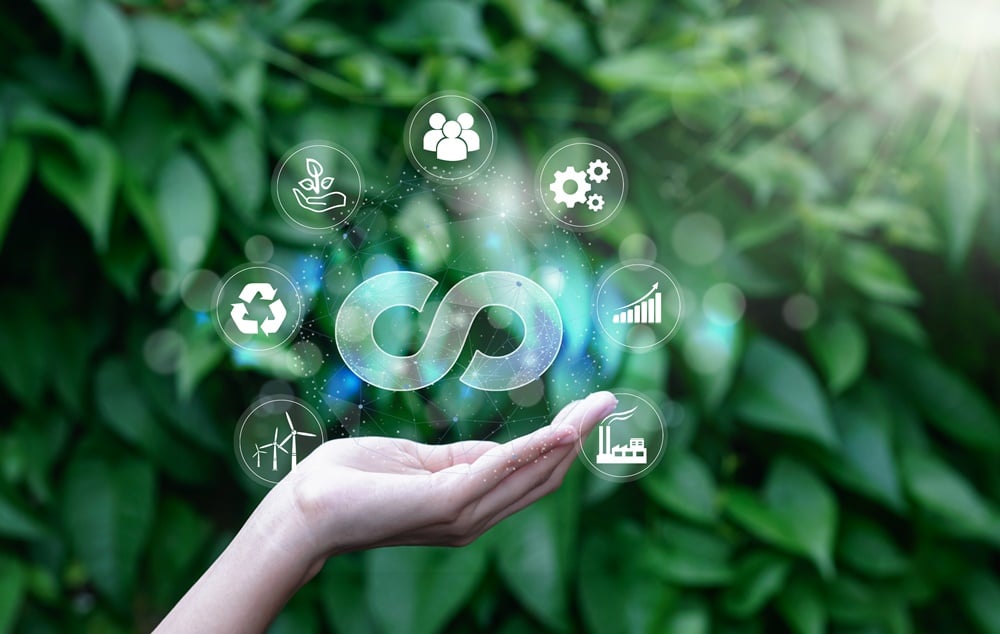
The application of PCR recycled plastic is not only to solve the global plastic problem, but also an important step in achieving sustainable development. The formulation of regulations in various countries and the active participation of well-known brands have not only provided successful cases for the application of PCR recycled plastics, but also positively changed the current status of the industry, demonstrating that the concept of net-zero sustainability is widely valued around the world. In the future, let us continue to work hard together to create a better environment!


